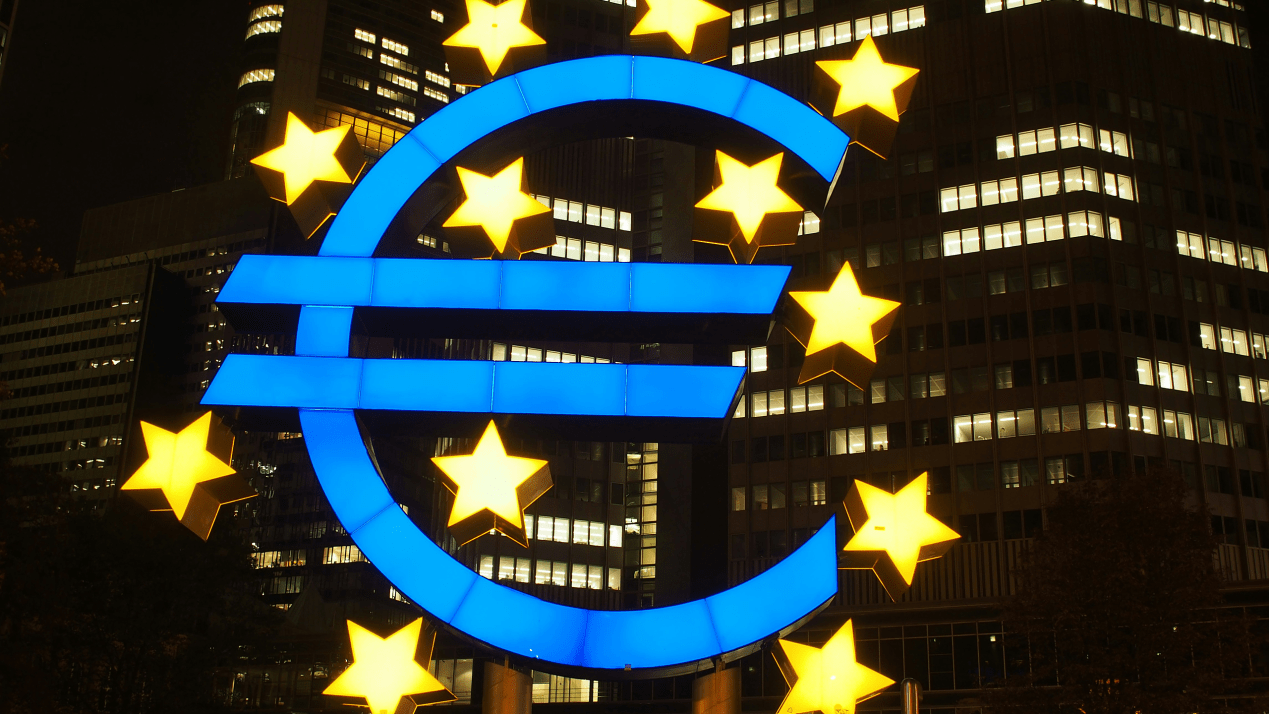
Why Skills-First Leadership Is Replacing the Ivy League Playbook in the C-Suite
The old prestige pyramid—where Ivy League degrees and blue-chip consulting backgrounds paved the way to the CEO seat—is cracking.

Eurozone inflation rose to 2.3% in November 2023, meeting economists’ expectations and signaling persistent inflationary pressures in the region. This uptick in inflation has raised concerns about the European Central Bank’s (ECB) ongoing efforts to combat rising prices.
The core inflation rate, which excludes volatile food and energy prices, also increased, further indicating underlying inflationary pressures. This persistent inflationary trend has forced the ECB to adopt a more hawkish monetary policy stance, including interest rate hikes and quantitative tightening measures.
The surge in inflation can be attributed to a combination of factors, including rising energy costs, supply chain disruptions, and robust consumer demand. The ongoing geopolitical tensions and the impact of the Russia-Ukraine conflict have exacerbated inflationary pressures by driving up commodity prices.
The ECB’s challenge is to balance the need to control inflation without stifling economic growth. As the central bank continues to tighten monetary policy, it risks inadvertently triggering a recession.
The persistent inflationary environment poses significant challenges for businesses and consumers across the Eurozone. Higher prices erode purchasing power, reduce consumer spending, and increase business costs, which can negatively impact economic growth and job creation.
As the Eurozone economy navigates these turbulent times, policymakers must carefully monitor economic indicators and adjust their monetary policy accordingly. Striking the right balance between controlling inflation and supporting economic growth will ensure a sustainable recovery.

The old prestige pyramid—where Ivy League degrees and blue-chip consulting backgrounds paved the way to the CEO seat—is cracking.

Loud leaders once ruled the boardroom. Charisma was currency. Big talk drove big valuations.

But the CEOs who make history in downturns aren’t the ones with the deepest cuts

Companies invest millions in leadership development, yet many of their best executives leave within a few years. Why?

The most successful business leaders don’t just identify gaps in the market; they anticipate future needs before anyone else.

With technological advancements, shifting consumer expectations, and global interconnectedness, the role of business leaders

Following a distinguished Law Enforcement career Joe McGee founded The Securitatem Group to provide contemporary global operational specialist security and specialist security training products and services for private clients, corporate organisations, and Government bodies. They deliver a wide range of services, including complete end-to-end protection packages, close protection, residential security, protection drivers, and online and physical installations. They provide covert and overt investigations and specialist surveillance services with a Broad range of weapons and tactical-based training, including conflict management, risk and threat management, tactical training, tactical medicine, and command and control training.

Jay Wright, CEO and Co-Owner of Virgin Wines infectious energy, enthusiasm, passion and drive has been instrumental in creating an environment that encourages talent to thrive and a culture that puts the customer at the very heart of every decision-making process.

Fabio de Concilio is the visionary CEO & Chairman of the Board at Farmacosmo, a leading organization dedicated to mental health and community support services. With a deep commitment to identifying and meeting customer needs, Fabio ensures that high standards are maintained across the board.

Character Determines Destiny – so said Aristotle. And David CM Carter believes that more than anything else. For David, it has been numerous years of research into codifying Entelechy Academy’s 54 character qualities that underpin everything he stands for as a leader and teacher.


Leave us a message
Subscribe
Fill the form our team will contact you
Advertise with us
Fill the form our team will contact you